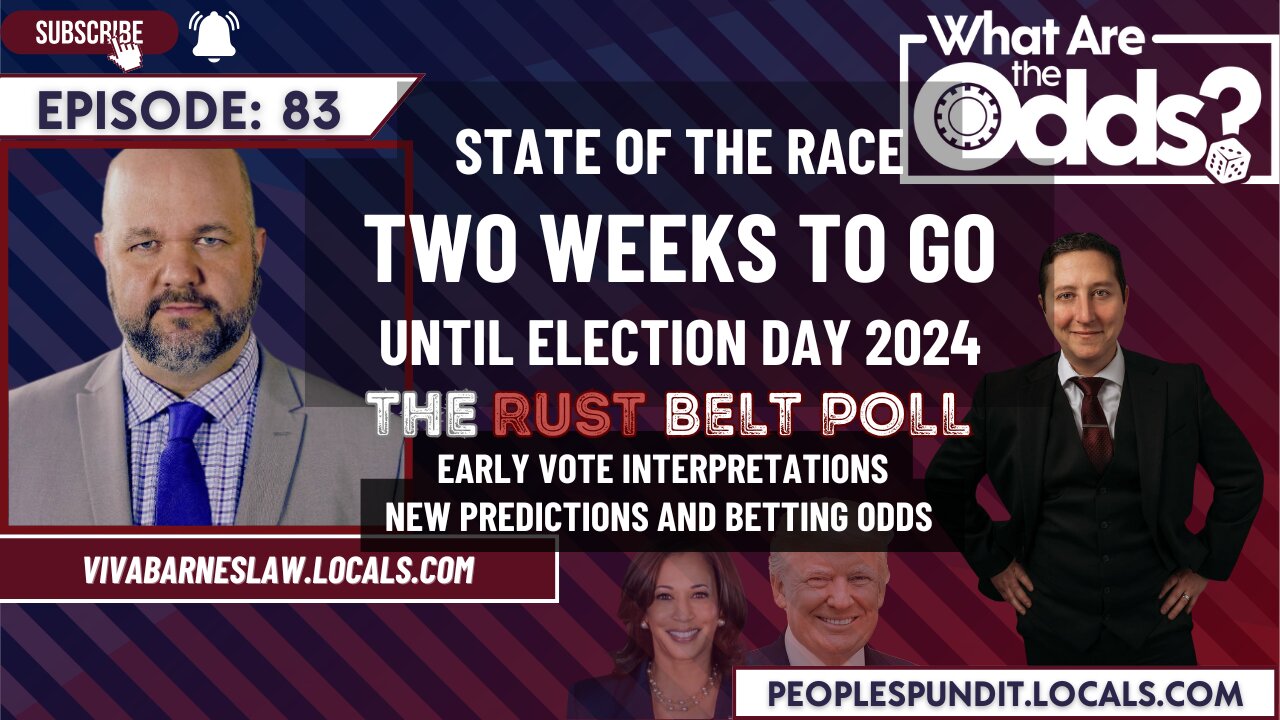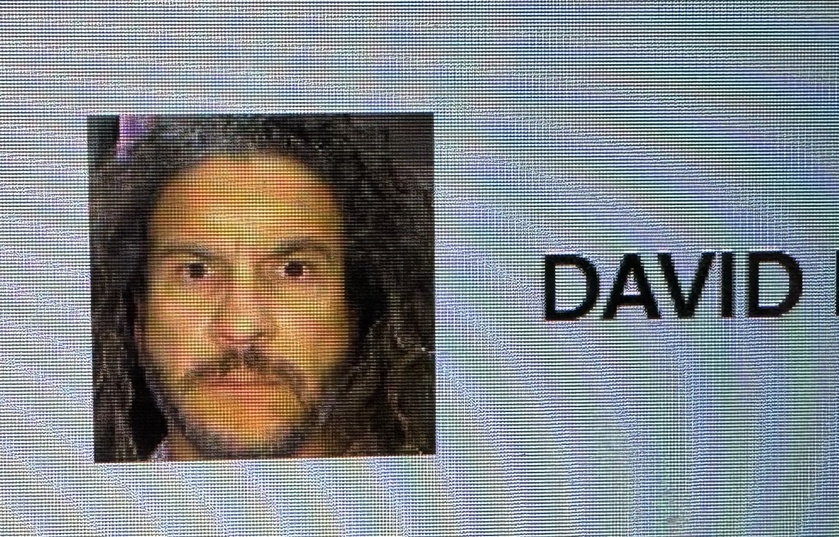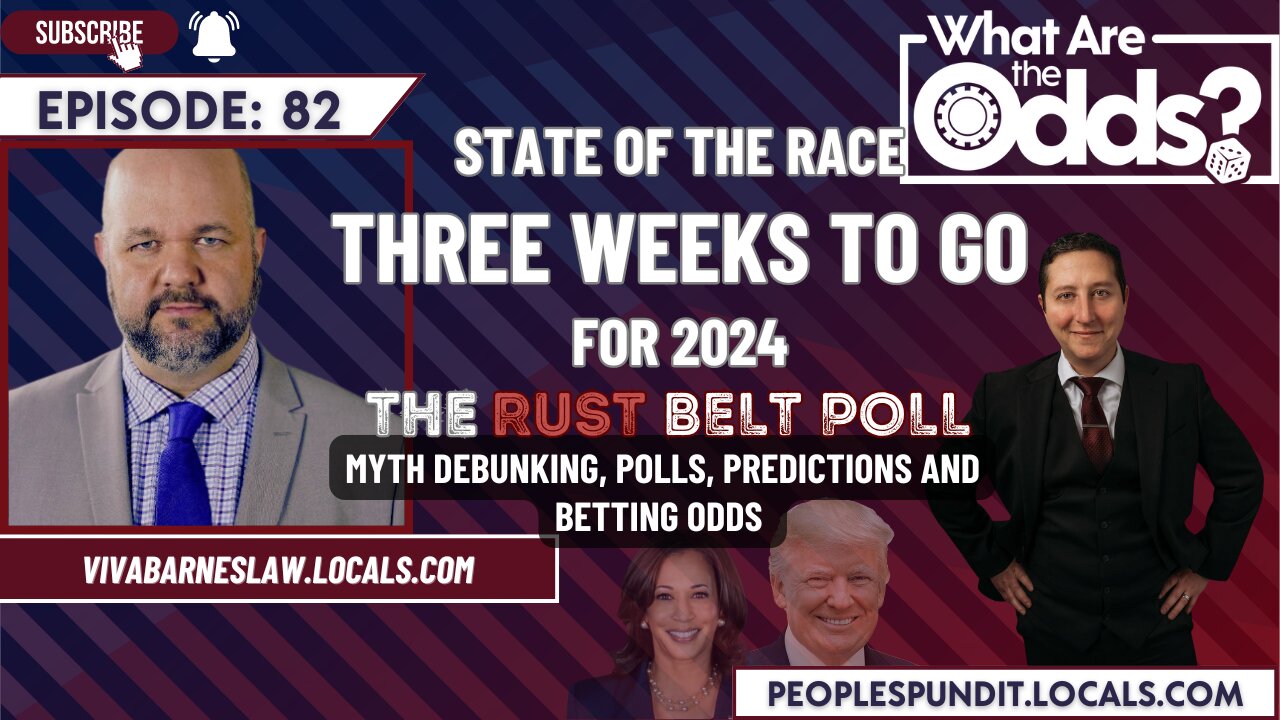Part 5:
"Abuse of Power: A Comprehensive List of Alleged Federal Crimes by Key Figures in Government and Society"
Introduction
The following comprehensive list details allegations of potential federal crimes committed by key figures across government, corporate, and other influential sectors. These individuals, including high-ranking officials, corporate executives, and policymakers, are alleged to have violated laws protecting the integrity of the United States' justice system, constitutional rights, and public trust. From obstruction of justice and suppression of free speech to mishandling classified information and fabricating intelligence, the alleged actions outlined below have far-reaching implications. Together, they paint a troubling picture of systemic abuse of power, lack of transparency, and an erosion of the principles of accountability and fairness. Each entry is meticulously detailed to provide clarity on the allegations, the crimes potentially committed, and the consequences these actions may have on American society and democracy.
39. Huma Abedin
Total Potential Penalty: 10 years imprisonment and $250,000 in fines
What She Allegedly Did:
1. Mishandling Classified Information:
- Incident: As a senior aide to Secretary Hillary Clinton, Abedin was allegedly involved in transmitting classified information via unsecured private email servers, exposing sensitive materials to potential unauthorized access.
- Specific Crime: 18 U.S.C. § 793 (Gathering, Transmitting, or Losing Defense Information).
- Explanation: Mishandled classified information through improper storage and communication methods.
- Penalties: Up to 10 years imprisonment and fines up to $250,000.
Potential Victims and Impact:
- Victims: U.S. intelligence agencies and national security interests.
- Impact: Compromised sensitive information, heightened security risks, and damaged public trust in the proper handling of government secrets.
40. Karine Jean-Pierre
Total Potential Penalty: 10 years imprisonment and $250,000 in fines
What She Allegedly Did:
1. Public Advocacy for Censorship:
- Incident: As White House Press Secretary, Jean-Pierre allegedly used public press briefings to advocate for the suppression of content critical of the administration on social media platforms. This included statements urging the removal of posts related to COVID-19 policies and economic criticism.
- Specific Crime: 18 U.S.C. § 241 (Conspiracy Against Rights).
- Explanation: Engaged in coordinated efforts to deprive Americans of their First Amendment rights to free expression.
- Penalties: Up to 10 years imprisonment and fines up to $250,000.
Potential Victims and Impact:
- Victims: Journalists, social media users, and advocacy groups critical of federal policies.
- Impact: Diminished the role of press briefings as a platform for transparent government communication and reinforced fears of media manipulation.
41. John Kerry
Total Potential Penalty: 10 years imprisonment and $250,000 in fines
What He Allegedly Did:
1. Unauthorized Diplomacy:
- Incident: As a former Secretary of State, Kerry allegedly engaged in unauthorized discussions with foreign officials, including Iranian representatives, after leaving office. These actions potentially undermined U.S. foreign policy.
- Specific Crime: 18 U.S.C. § 953 (Logan Act).
- Explanation: The Logan Act prohibits private citizens from engaging in diplomacy with foreign governments to influence U.S. policy.
- Penalties: Up to 3 years imprisonment and fines.
2. Misuse of Public Office for Climate Advocacy:
- Incident: While serving as Special Presidential Envoy for Climate, Kerry allegedly prioritized climate-related agreements in ways that disadvantaged U.S. economic and energy interests.
- Specific Crime: 18 U.S.C. § 208 (Acts Affecting a Personal Financial Interest).
- Explanation: Allegedly furthered personal or political interests tied to international climate agreements, potentially benefiting entities with which he had prior associations.
- Penalties: Up to 5 years imprisonment and fines up to $250,000.
Potential Victims and Impact:
- Victims: U.S. citizens, businesses, and energy sectors affected by policies seen as prioritizing international agendas over domestic well-being.
- Impact: Undermined confidence in U.S. diplomatic priorities and raised concerns about potential conflicts of interest.
42. George Soros
Total Potential Penalty: 10 years imprisonment and $250,000 in fines
What He Allegedly Did:
1. Illegal Foreign Election Influence:
- Incident: Allegedly funded campaigns and legal reforms aimed at influencing U.S. elections through foreign-linked financial sources. These efforts included supporting candidates and ballot measures favorable to his policy agenda.
- Specific Crime: 52 U.S.C. § 30121 (Contributions and Donations by Foreign Nationals).
- Explanation: Prohibits foreign nationals from contributing to or influencing U.S. elections, directly or indirectly.
- Penalties: Up to 5 years imprisonment and fines.
2. Failure to Register as a Foreign Agent:
- Incident: Soros allegedly engaged in lobbying efforts tied to international policies without registering under the Foreign Agents Registration Act (FARA).
- Specific Crime: 22 U.S.C. § 618 (Violations of the Foreign Agents Registration Act).
- Explanation: Requires individuals acting on behalf of foreign entities to disclose their activities to the Department of Justice.
- Penalties: Up to 5 years imprisonment and fines up to $250,000.
Potential Victims and Impact:
- Victims: American voters and the integrity of election processes.
- Impact: Raised concerns about the role of foreign-linked funding in shaping U.S. domestic policies and elections.
43. Loretta Lynch
Total Potential Penalty: 10 years imprisonment and $250,000 in fines
What She Allegedly Did:
1. Obstruction of Justice During Clinton Email Investigation:
- Incident: While serving as Attorney General, Lynch met privately with Bill Clinton during the investigation into Hillary Clinton’s use of a private email server. This raised concerns about impartiality and potential interference in the investigation.
- Specific Crime: 18 U.S.C. § 1505 (Obstruction of Proceedings Before Departments, Agencies, and Committees).
- Explanation: Obstructed justice by engaging in actions that could unduly influence an ongoing investigation.
- Penalties: Up to 5 years imprisonment and fines up to $250,000.
2. Selective Enforcement of Federal Laws:
- Incident: Directed DOJ resources to pursue or drop cases based on political considerations, undermining public trust in the department’s impartiality.
- Specific Crime: 18 U.S.C. § 242 (Deprivation of Rights Under Color of Law).
- Explanation: Misused her authority to enforce or ignore laws selectively.
- Penalties: Up to 5 years imprisonment and fines up to $250,000.
Potential Victims and Impact:
- Victims: Investigators and the general public, who were denied impartial justice.
- Impact: Undermined confidence in the Department of Justice as a fair and neutral enforcer of the law.
44. William Burns
Total Potential Penalty: 10 years imprisonment and $250,000 in fines
What He Allegedly Did:
1. Coordination with Foreign Actors:
- Incident: As CIA Director, Burns allegedly engaged in unauthorized discussions with foreign officials that contradicted U.S. policies, particularly on issues related to election interference and cybersecurity.
- Specific Crime: 18 U.S.C. § 953 (Logan Act).
- Explanation: Engaged in diplomacy or discussions that could undermine U.S. foreign policy.
- Penalties: Up to 3 years imprisonment and fines.
2. Suppression of Whistleblowers:
- Incident: Allegedly prevented whistleblowers within the CIA from exposing agency actions that contradicted public statements on foreign election interference.
- Specific Crime: 18 U.S.C. § 1513 (Retaliation Against a Witness, Victim, or Informant).
- Explanation: Took retaliatory actions against individuals attempting to disclose improper activities.
- Penalties: Up to 7 years imprisonment and fines.
Potential Victims and Impact:
- Victims: CIA whistleblowers and the public, who were denied transparency on critical national security issues.
- Impact: Undermined confidence in the CIA’s integrity and reduced trust in its role as a neutral intelligence organization.
45. Samantha Power
Total Potential Penalty: 10 years imprisonment and $250,000 in fines
What She Allegedly Did:
1. Unmasking of Political Opponents:
- Incident: As U.N. Ambassador, Power allegedly engaged in excessive “unmasking” of U.S. citizens involved in political activities during surveillance operations, raising questions about the motives and legality of these actions.
- Specific Crime: 18 U.S.C. § 241 (Conspiracy Against Rights).
- Explanation: Participated in efforts to unlawfully target political opponents by leveraging intelligence resources.
- Penalties: Up to 10 years imprisonment and fines up to $250,000.
Potential Victims and Impact:
- Victims: Political opponents, activists, and individuals subjected to unwarranted surveillance.
- Impact: Created mistrust in intelligence oversight and raised concerns about abuse of surveillance tools for political purposes.
46. Cheryl Mills
Total Potential Penalty: 10 years imprisonment and $250,000 in fines
What She Allegedly Did:
1. Obstruction of Justice in Clinton Email Investigation:
- Incident: As a senior aide to Secretary Hillary Clinton, Mills allegedly directed the deletion of emails after they were subpoenaed as part of the investigation into Clinton’s use of a private email server.
- Specific Crime: 18 U.S.C. § 1519 (Destruction, Alteration, or Falsification of Records in Federal Investigations).
- Explanation: Mills allegedly ordered the destruction of evidence critical to an ongoing federal investigation, violating laws governing the preservation of records.
- Penalties: Up to 10 years imprisonment and fines up to $250,000.
Potential Victims and Impact:
- Victims: The judicial system and American taxpayers, who rely on transparency and accountability in government investigations.
- Impact: Undermined the rule of law by obstructing an investigation into potential violations of national security and government recordkeeping standards.
47. Patrick Fitzgerald
Total Potential Penalty: 10 years imprisonment and $250,000 in fines
What He Allegedly Did:
1. Misuse of Prosecutorial Discretion:
- Incident: As a high-profile federal prosecutor, Fitzgerald allegedly engaged in politically motivated prosecutions, including selective enforcement of laws against political opponents while ignoring similar violations by allies.
- Specific Crime: 18 U.S.C. § 241 (Conspiracy Against Rights).
- Explanation: Engaged in biased prosecutorial practices that deprived individuals of fair and equal treatment under the law.
- Penalties: Up to 10 years imprisonment and fines up to $250,000.
Potential Victims and Impact:
- Victims: Defendants and the justice system, which depends on impartial enforcement of laws.
- Impact: Created a perception of weaponized justice, eroding public trust in the integrity of federal prosecutors.
48. Tim Wu
Total Potential Penalty: 5 years imprisonment and $250,000 in fines
What He Allegedly Did:
1. Advocating for Legal Frameworks Enabling Censorship:
- Incident: As a senior advisor in the White House, Wu allegedly promoted policies and legal frameworks designed to restrict lawful free speech under the guise of combating misinformation. This included supporting increased government oversight of online platforms.
- Specific Crime: 18 U.S.C. § 241 (Conspiracy Against Rights).
- Explanation: Conspired to deprive Americans of their First Amendment rights by advocating for restrictive legal frameworks.
- Penalties: Up to 5 years imprisonment and fines up to $250,000.
Potential Victims and Impact:
- Victims: Social media users, independent content creators, and political commentators.
- Impact: Reduced public confidence in government neutrality on free speech issues and fostered concerns about growing censorship.
49. Gina Raimondo
Total Potential Penalty: 5 years imprisonment and $250,000 in fines
What She Allegedly Did:
1. Misrepresentation of Trade and Economic Policies:
- Incident: As Secretary of Commerce, Raimondo allegedly misrepresented the outcomes of trade negotiations and economic growth data to support administration policies.
- Specific Crime: 18 U.S.C. § 1001 (False Statements).
- Explanation: Provided false or misleading information during official briefings and Congressional testimony, violating federal statutes.
- Penalties: Up to 5 years imprisonment and fines up to $250,000.
Potential Victims and Impact:
- Victims: American businesses and workers affected by policies influenced by inaccurate data.
- Impact: Undermined confidence in federal economic policies and trade negotiations, raising questions about their legitimacy and fairness.
End of Part 5....
More coming soon....
Sorry-ish for all of the posts in parts, there is a character limit in Locals posts and a time limitation as to how often someone can post... 1 or 2 parts of this article and list left...






















